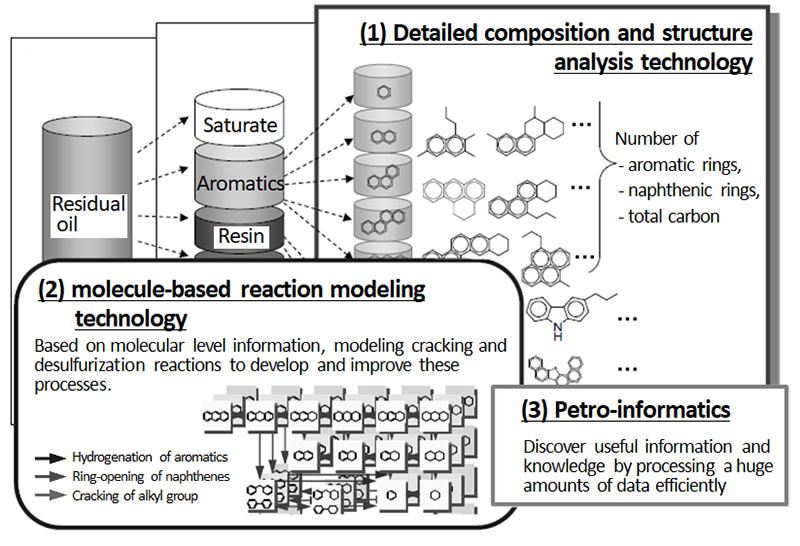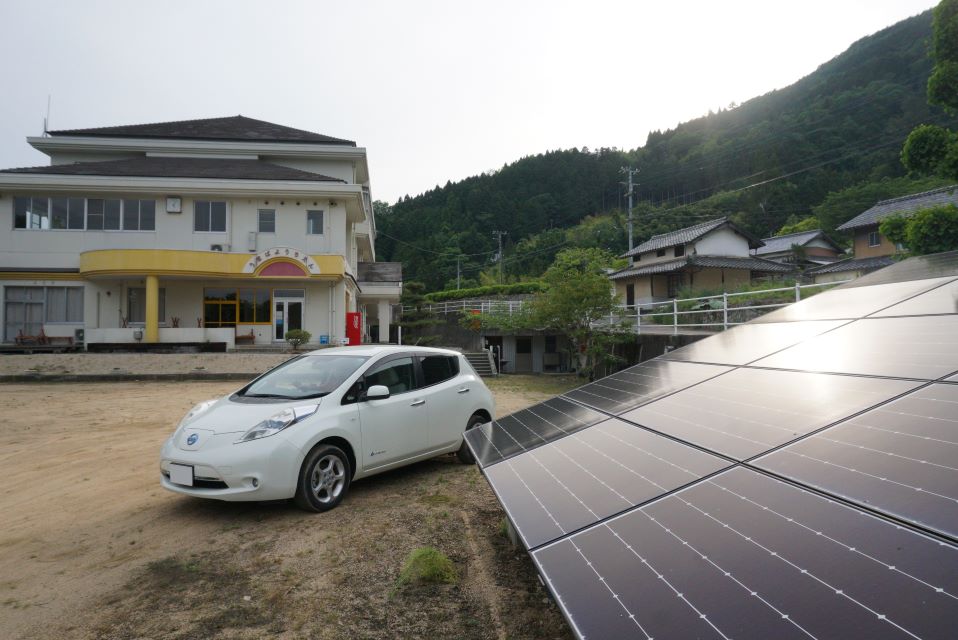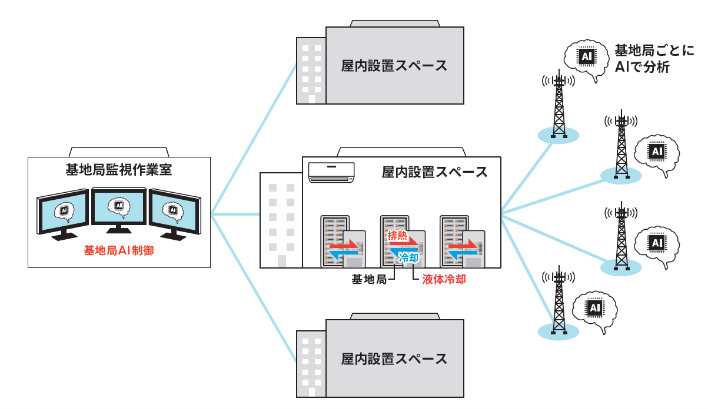Development and social implementation of carbon neutral fuels “e-fuel” produced from CO2
Petroleum Association of Japan
Outline
“e-fuel”, a liquid fuel synthesized from carbon dioxide (CO2) captured from the atmosphere or industrial exhaust gases, and CO2-free hydrogen, is a "carbon neutral fuel" that does not increase CO2 in the atmosphere during the consumption phase.
By producing “e-fuel” to the same quality as current gasoline, jet fuel, diesel fuel, etc., it is characterized by the ability to go carbon neutral while continuing to use existing petroleum -using equipment, including automobiles, and the petroleum supply infrastructure that covers all parts of the Japan.
We in the petroleum industry are committed to the development of high-efficiency production technology for “e-fuel” and its early implementation in society in order to realize the goal of "aiming for commercialization by the early 2030s," as indicated by the public-private consultation meeting on synthetic fuels (June 2023).
Description
1. About "e-fuel", a synthetic fuel
Since “e-fuel” is made from carbon (CO2) captured from the atmosphere and hydrogen derived from renewable energy sources, it does not increase CO2 in the atmosphere during the consumption phase. Therefore, it is positioned as a "carbon neutral fuel" or a "carbon recycled fuel" because it recycles carbon.
“e-fuel” is intended to be manufactured to have the same properties as existing petroleum products, and is intended to be supplied as a variety of products such as gasoline, jet fuel, diesel fuel, and petrochemical feedstock, just like current petroleum products. Therefore, it can be handled in the same way as today's petroleum products, and the characteristics of petroleum products, such as portability, storability, and high energy density, are inherited by “e-fuel”.
2. Development of production technology of "e-fuel"
The production of “e-fuel” consists of two processes: 1) the conversion of CO2, a very stable substance, into nitric oxide (CO) so that it can react with hydrogen, and 2) the continuous synthesis of CO gas and hydrogen to the desired petroleum product. As for process 2), there are methods that can produce a wide range of products such as gasoline, jet fuel, diesel fuel, and petrochemical feedstock (Fischer-Tropsch synthesis), and methods that mainly produce gasoline via methanol (Methanol To Gasoline).
Although these basic reaction principles have already been discovered, "higher efficiency" of each process is essential for large-scale commercial production, and various R&D and pilot tests are currently being conducted around the world.
In Japan, efforts are underway to solve issues of "e-fuel," for example, “Green Innovation Fund / Development of Technology for Producing Fuel Using CO2 by FT synthesis, etc. (ENEOS) ” and "Development of CO2 utilization technology for liquid fuel (NEDO)".
3. Social implementation and commercialization of "e-fuel"
Since “e-fuel” is expected to be supplied as soon as possible from a number of sources, including automobiles and aircraft, the petroleum industry is actively engaged in technological development to achieve commercialization as soon as possible. Also, we will consider not only domestic production of e-fuel, but also importing it from overseas projects in which Japanese companies are involved and implementing (supplying) it to society in Japan as one of the options.
In summary, the Japanese petroleum industry aims to achieve virtually zero CO2 emissions (carbon neutrality) associated with business activities (Scope 1+2). The industry will also challenge virtually zero CO2 emissions from the products supplied (Scope3) through the R&D and social implementation of innovative technologies such as synthetic fuels ("e-fuel"), thereby contributing to the realization of carbon neutrality in Japan.
Partner(s)
ENEOS Corporation, NEDO (New Energy and Industrial Technology Development Organization)
Other Innovation Challenges
Innovative optimization of petroleum refining process through “Petroleomics” technology
Petroleum Association of Japan
Similar Innovation Challenges
Accelarating the penetration of renewable energy resources with “Open Energy System”
Sony Group Corporation
Achieving net-zero carbon emissions from plant factories using full artificial lighting
Taikisha Ltd.
Advanced technology for buildings providing energy-saving and comfortable indoor environment (under Net Zero Energy condition)
Mitsubishi Electric Corporation
AI control reduces base station power consumption by up to 50%
KDDI CORPORATION

.png?id=2&tid=831&imageNumber=1)




